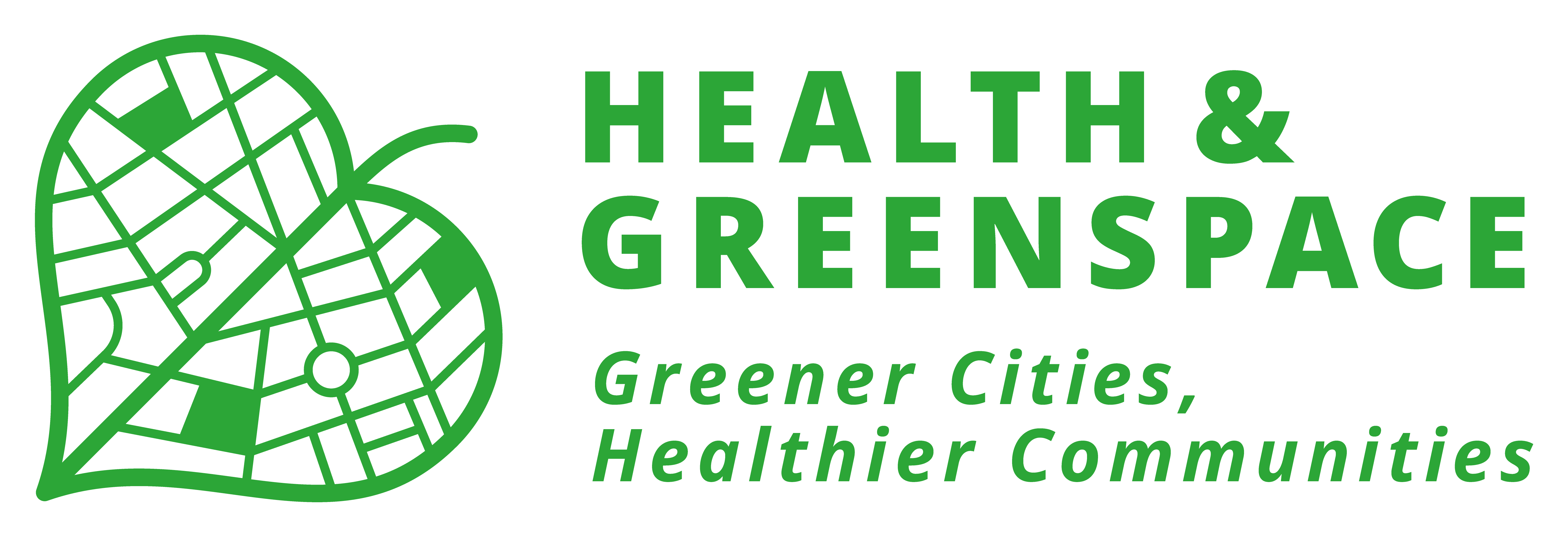News from our cities and networks
Edited on
25 February 2022Fighting homelessness, boosting business, improving mobility… a round-up of latest activities in URBACT’s cities and networks.
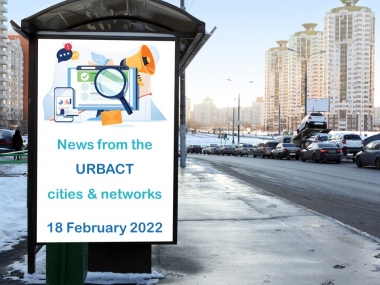
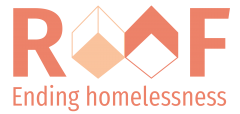 ‘House of Skills’ – an URBACT Local Group against homelessness
‘House of Skills’ – an URBACT Local Group against homelessness
Portugal’s oldest city is working with local stakeholders to co-construct “an innovative transitional housing solution for homeless people”. With support from the ROOF network, Braga’s bootcamp enabled innovation, creativity and a critical and transparent approach.
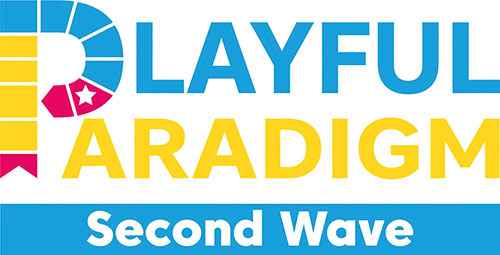 Mountain town building a better future
Mountain town building a better future
As partner in the Playful Paradigm network, the small Portuguese town of Lousã is bringing together schools, outdoor adventure businesses and others – to improve the lives of local children. A short and sweet meeting report, with a positive message from Mayor Luís Antunes.
Also, Lousã joined the four other EU towns in the network for a masterclass on Play and Placemaking, run by URBACT experts.
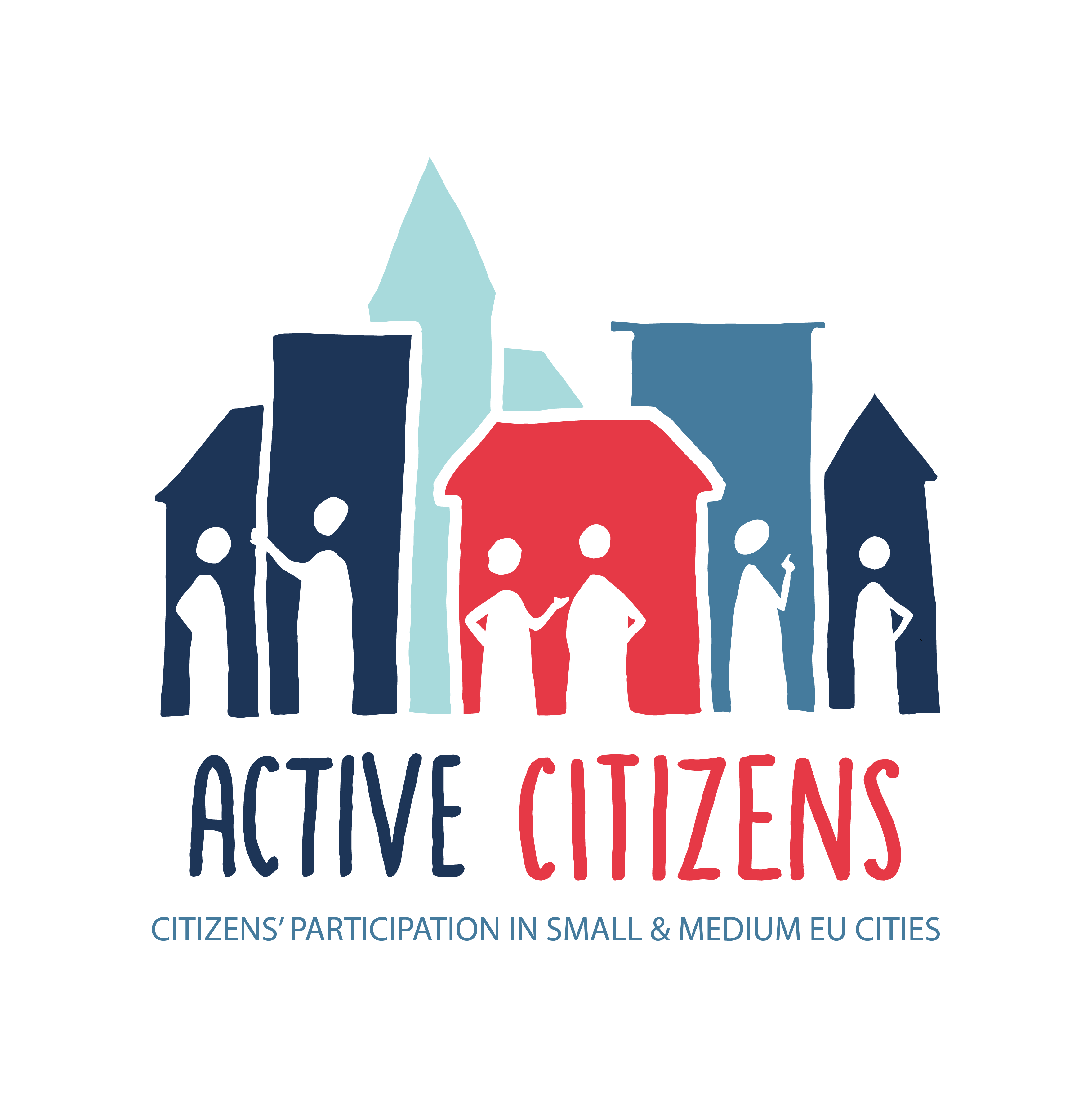 Personal URBACT story from Cento
Personal URBACT story from Cento
Enjoy this captivating account from an URBACT Local Group (ULG) member in a small Italian town: “Actively participating in the ULG, however demanding it may be, can represent an enriching opportunity at a civic and above all personal level.” Thank you, Michele Novi!
Another insightful article from the ActiveCitizens network looks into Agen’s (FR) Neighbourhood Councils: “Thanks to the URBACT methodology, the final Integrated Action Plan should allow the City of Agen to improve its democratic system…” – and hopefully inspire others to follow!
![]() Cooperating for improved mobility and urban development
Cooperating for improved mobility and urban development
How is Poland’s fastest growing area tackling new mobility and urban development challenges? Discover RiConnect network partner the Gdansk-Gdynia-Sopot Metropolitan Area (OMG-G-S), fostering cooperation between the tri-city and surrounding municipalities.
And to see the EU network’s key documents, from the Baseline Study to multiple-city case studies and Integrated Action Plans, visit the RiConnect archive.
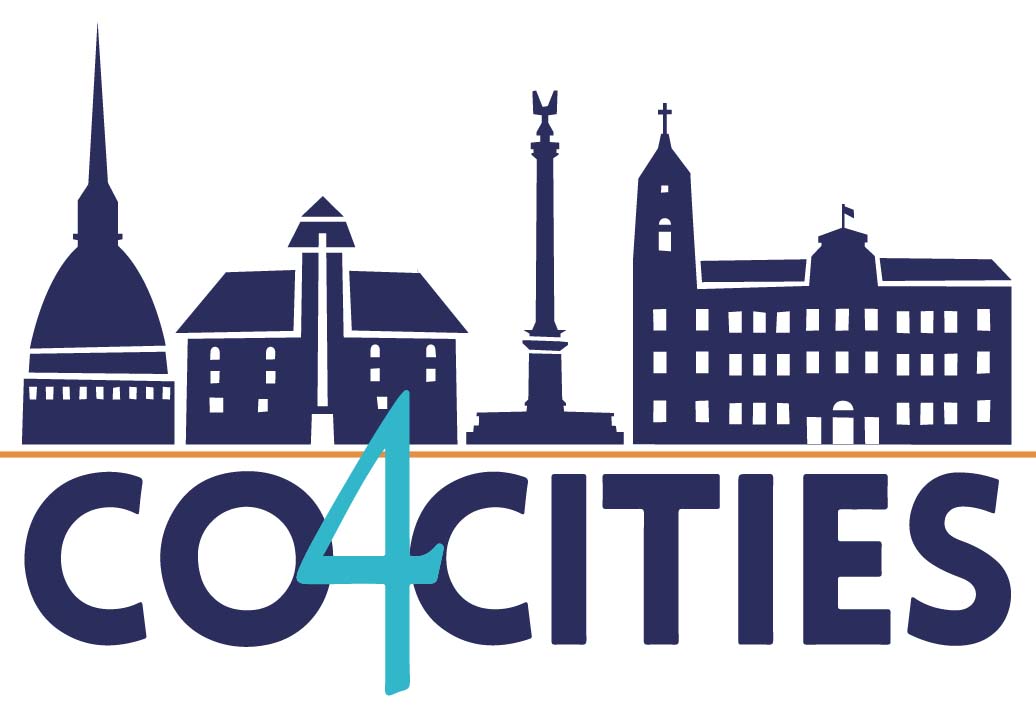 Relaunching Cluj-Napoca’s Cinema Victoria
Relaunching Cluj-Napoca’s Cinema Victoria
A 1920s cinema in Romania is revied thanks to a win-win cooperation between the municipality and a local film association. As well as giving details of the bilateral agreement, this is a motivating story about local groups and start-ups valorising public assets. Thank you, CO4CITIES!
“SMEs are often quoted large amounts of money for digital interventions, when something as simple such as a software plugin could be all that’s really needed.” How can industrial cities convince SMEs to embrace digitalisation and create local jobs? The AS TRANSFER network hears from Liverpool (UK).
Agricultural students bring life back to a quiet part of Messina, Italy, planting about 40 cypress, oak and myrtle trees. Video of a ‘Small Scale Action’ carried out with the Health&Greenspace network.
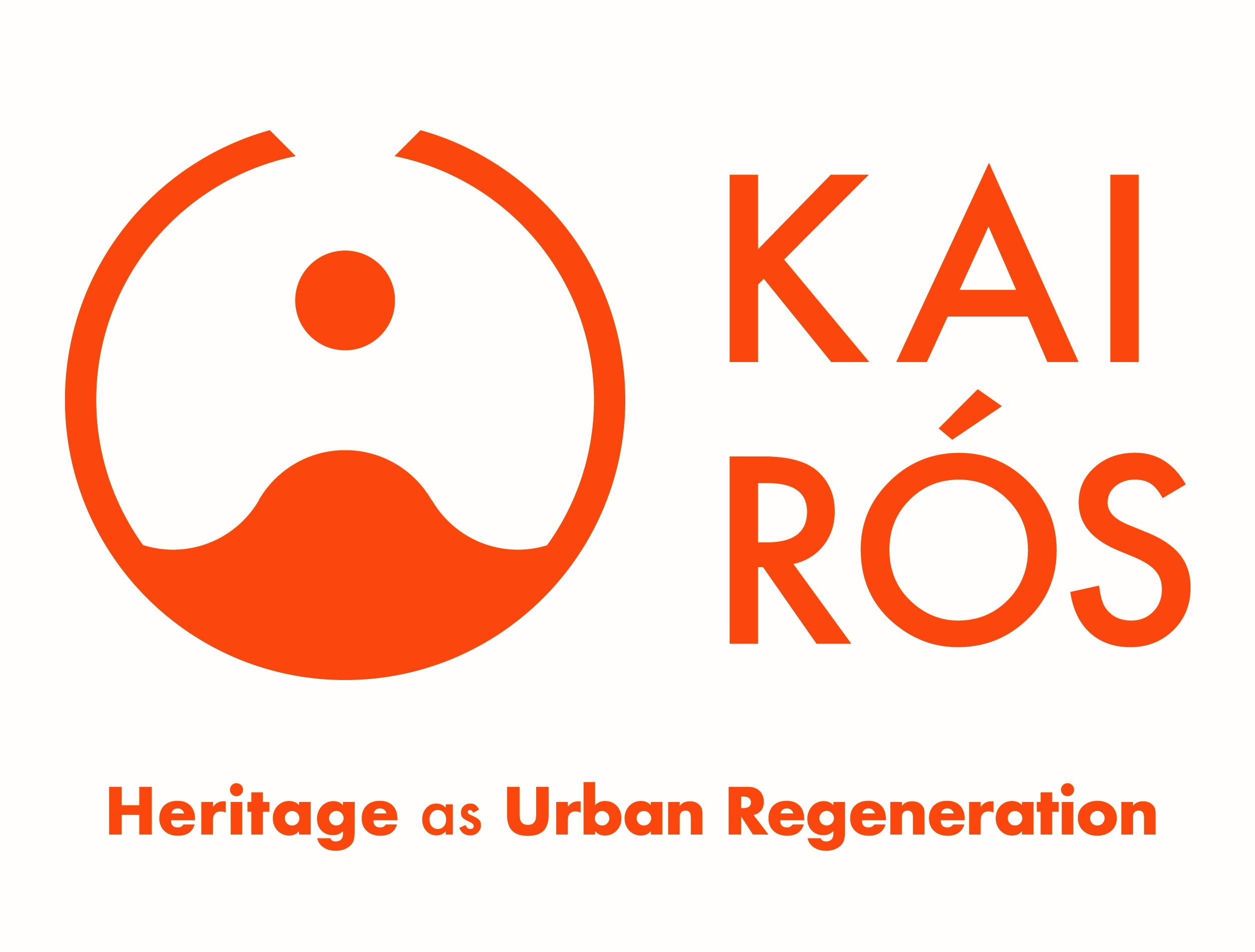 Meet the Mayor: Enzo Lattuca, of Cesena
Meet the Mayor: Enzo Lattuca, of Cesena
Heritage-led regeneration involves major urban projects, requiring significant investment, stakeholder mobilisation – and strong political backing. Star of the latest KAIRÓS network interview, Mayor Lattuca shares enthusiastic insights, including funding tips for peers in other cities.
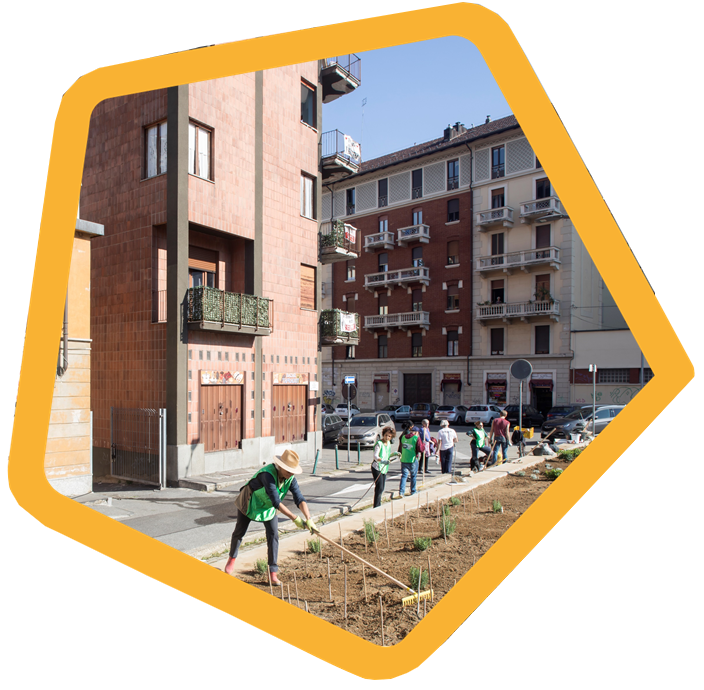
Read our publication for stories from cities understanding, adapting and re-using URBACT Good Practices: Good Practice Transfer – Why Not in my City?
We hope you enjoy this URBACT city news round-up. If you have any news to share from URBACT cities, or ideas for more stories on sustainable urban development, get in touch!
URBACT promotes sustainable, integrated urban development, supporting exchange and learning between EU towns and cities. Since its launch URBACT III has enabled the creation of 83 networks involving 454 cities from 28 countries. Almost half of these cities have populations of under 100 000. Ongoing projects include Action Planning Networks, Transfer Networks, and National Practice Transfer Initiatives. Meanwhile five networks are transferring urban solutions from UIA projects, and another is localising the Sustainable Development Goals.
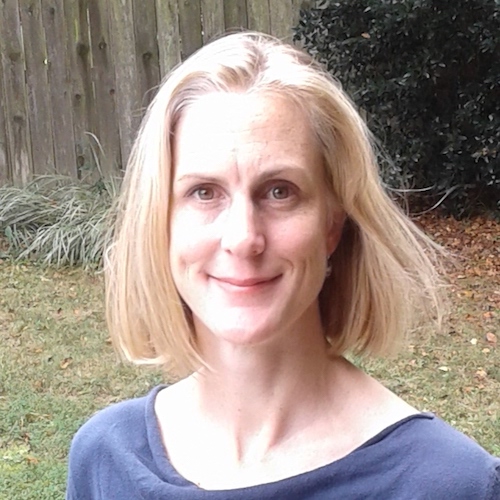 Submitted by Amy Labarrière on
Submitted by Amy Labarrière on


